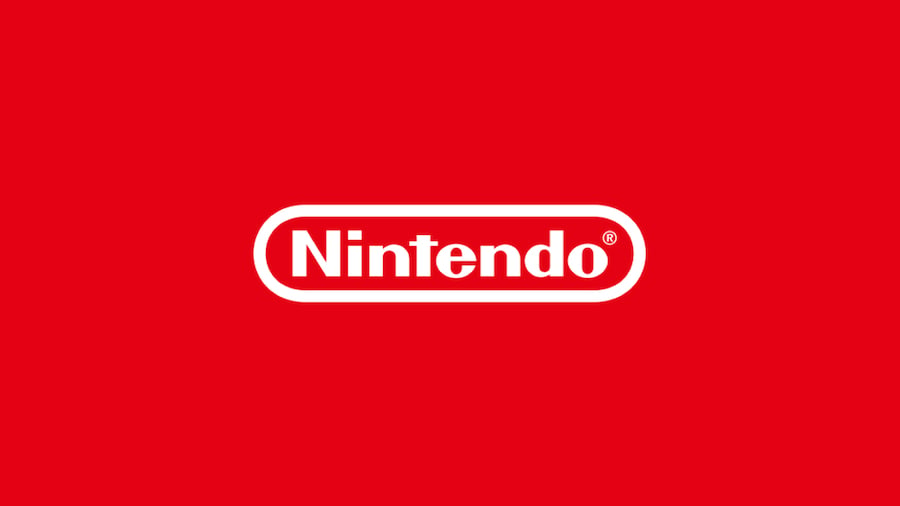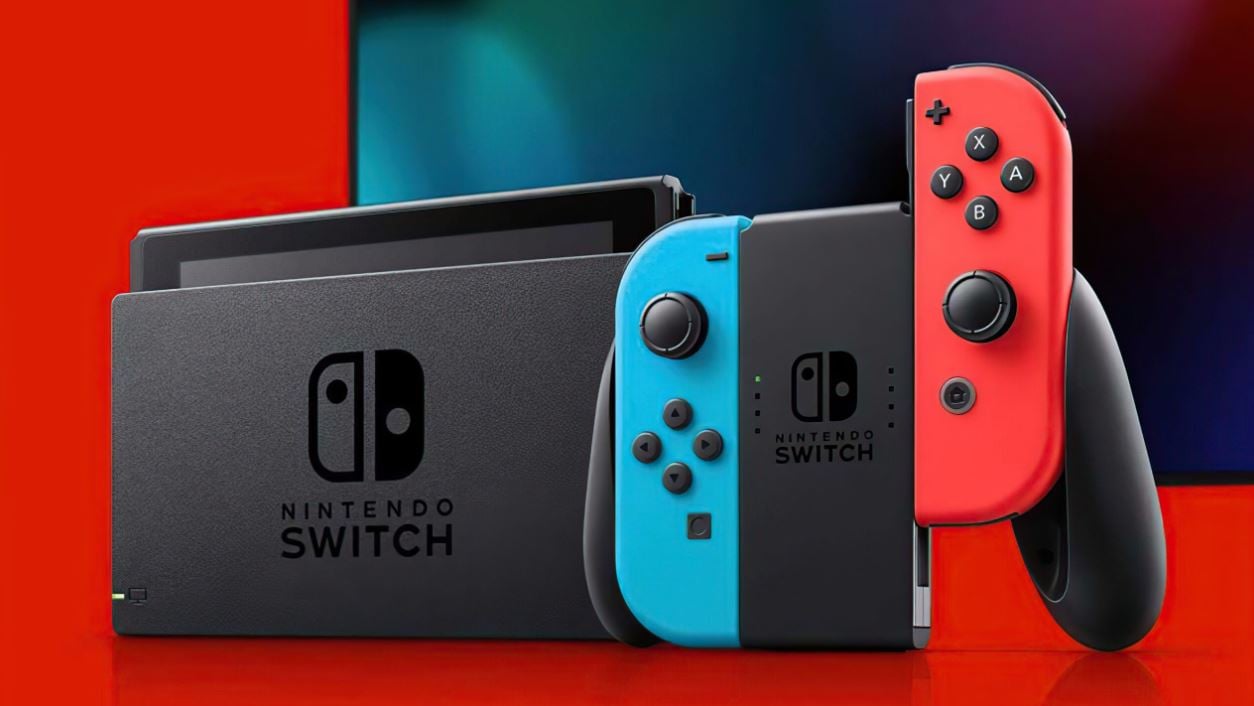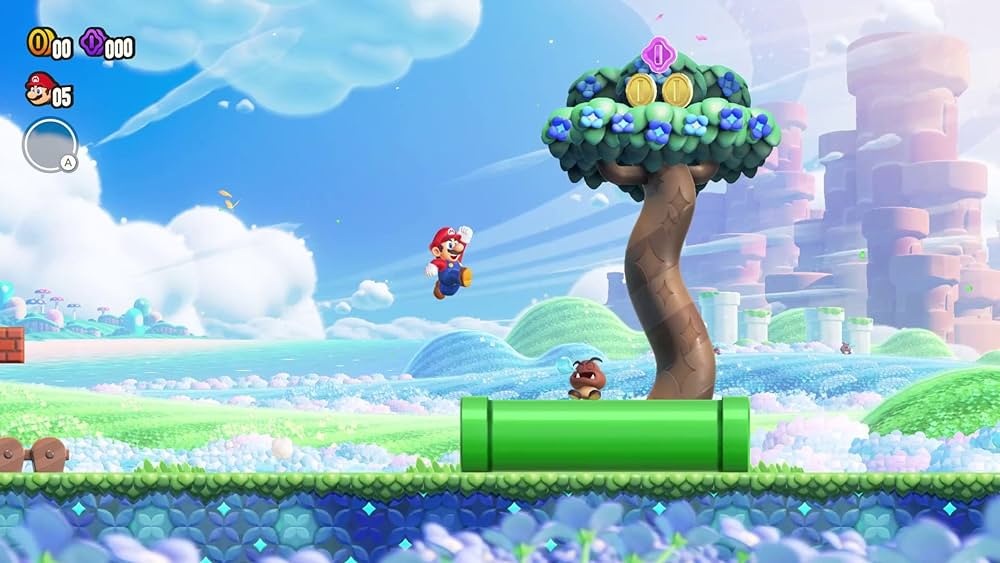At the Tokyo eSports Festa 2025 held from January 10 to 12, Nintendo participated in a joint lecture hosted by Japan’s Association of Copyright for Computer Software (ACCS). Speaking on behalf of Nintendo on the topic of “The Importance of Intellectual Property Rights in the Game Industry” was Koji Nishiura, patent attorney and deputy general manager of Nintendo’s intellectual property department.

According to an event report by Denfaminicogamer, Nishiura addressed the controversial topic of emulation. Nintendo is known for being thorough in their pursuit of legal measures against emulators and their developers and distributors, such as their takedowns of major Switch emulators like Yuzu and Ryujinx. These actions by Nintendo have prompted vastly different responses from gamers in Japan and overseas. Shedding light on the matter, Nishiura explained what exactly makes emulation problematic in Nintendo’s eyes.
“To begin with, are emulators illegal or not? This is a point often debated. While you can’t immediately claim that an emulator is illegal in itself, it can become illegal depending on how it’s used,” Nishiura says.

If an emulator copies a program belonging to the game device it’s imitating, that can constitute copyright infringement. If the emulator has a function that disables security mechanisms such as encryption (legally referred to as “technical protection measures”), it may be considered a violation of Japan’s Unfair Competition Prevention Act, according to Nishiura (he mentions that outside of Japan, the latter is likely to be stipulated in copyright law).
Citing another example of illegal use, Nintendo’s attorney explains that if an emulator contains links to sources where you can download pirated games, it may be considered a so-called “reach app” in Japanese law, and thus constitute copyright law infringement.

Nishiura mentions that Nintendo filed lawsuits and issued warnings in the US and other countries over several Switch emulators because of the second point mentioned here – they contained mechanisms that disabled Nintendo’s technical protection measures.
The fact that emulators allow illegal copies of games to be played is not just a problem for Nintendo, Nishiura emphasizes. Rather, it negatively impacts all developers making software for Nintendo devices. This is why the company is strengthening measures against illegal tools such as emulators, Nishiura says. As an example, he cites the 2009 lawsuit Nintendo filed against domestic distributors of the Game Backup Device, which allowed pirated versions of Nintendo DS games to be played. At the time, over 50 software developers joined Nintendo as plaintiffs, and won the ruling.





